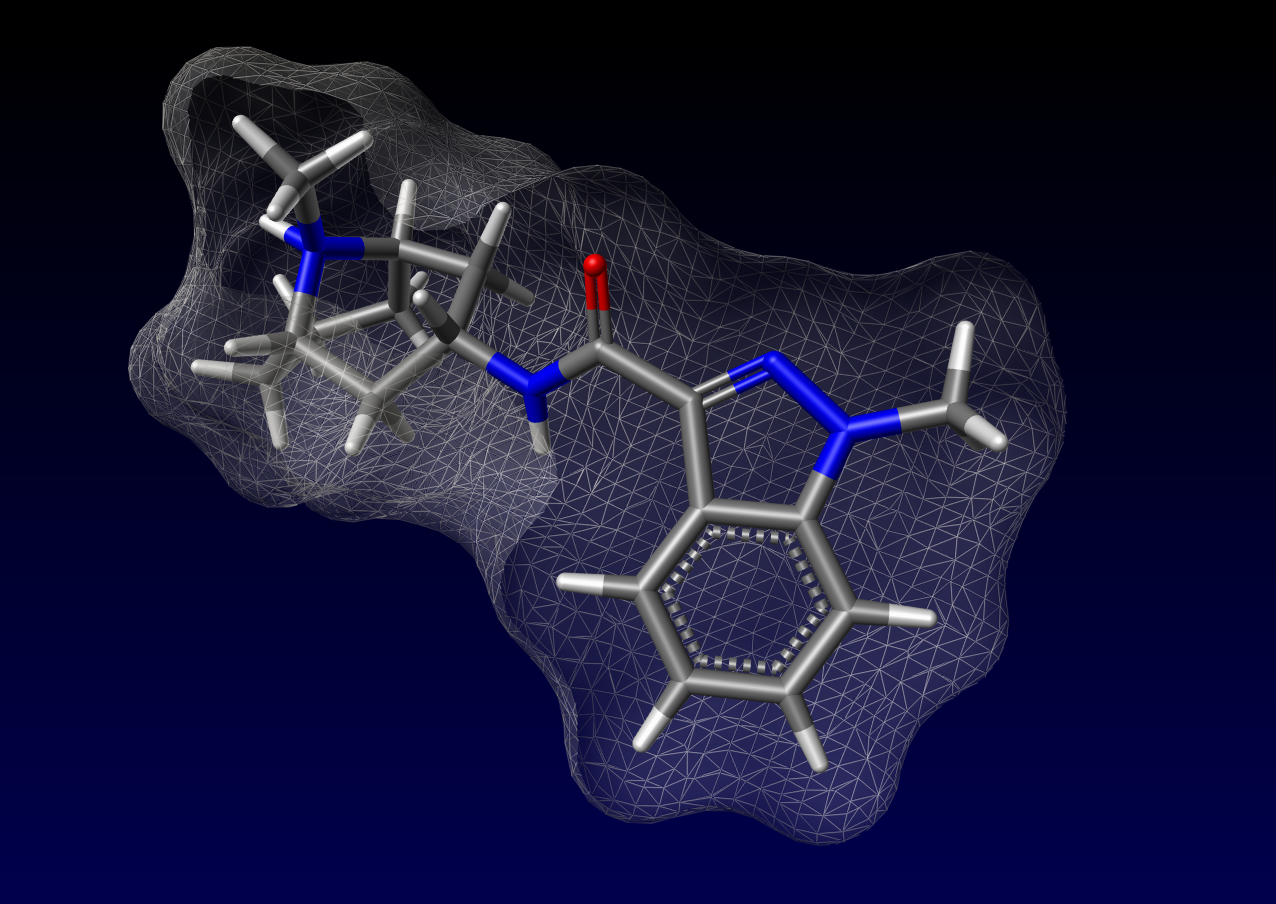| name | Granisetron |
| Classification | 5-HT3 receptor antagonist |
| Pharmacokinetics | Granisetron is rapidly absorbed after oral administration, with peak plasma concentrations achieved within 1-2 hours. It is extensively metabolized in the liver, primarily by CYP3A4. The primary active metabolite is desacetylgranisetron. The elimination half-life is approximately 3 hours for granisetron and 10 hours for desacetylgranisetron. Renal clearance is negligible. The drug is primarily excreted in the feces. |
| suggested dosage | | adult | | emetic prophylaxis | oral : 2 mg (1 tablet or capsule) PO 30 minutes prior to chemotherapy or surgery. Intravenous: 1 mg IV 30 minutes prior to chemotherapy or surgery. | | post-operative nausea | oral : 2 mg PO; 1 mg IV 30 min before procedure | | other | Dosage may vary depending on individual response and medical conditions. Consult a healthcare professional for the appropriate dosage. |
| | Note | Adjust dosages for patients with severe liver impairment |
|
| indications | Prevention and treatment of nausea and vomiting associated with chemotherapy, radiation therapy, and post-operative states. |
| safety in pregnancy | Granisetron is a pregnancy category B drug, but insufficient data are available to fully evaluate the safety of its use during pregnancy. It should be used only if the potential benefit justifies the potential risk to the fetus. |
| safety in breastfeeding | Limited data are available on the excretion of granisetron in breast milk. The decision to use granisetron in breastfeeding mothers should be made cautiously, considering the benefits and risks to both mother and child. |
| side effects | | 1 | Headache | | 2 | Dizziness | | 3 | Constipation | | 4 | Diarrhea | | 5 | Fatigue | | 6 | Sleep disturbances | | 7 | abdominal pain | | 8 | Nausea | | 9 | Vomiting | | 10 | constipation | | 11 | Hypotension | | 12 | Elevated Liver Enzymes (rare) |
|
| alternatives | |
| contraindications | Known hypersensitivity to granisetron or related drugs. |
| interactions | Granisetron may interact with drugs that are metabolized by CYP3A4, potentially altering the metabolism and effectiveness of both drugs. Consult a pharmacist or physician for potential interactions with other medications. |
| warnings and precautions | | 1 | Use with caution in patients with liver impairment | | 2 | Monitor for signs of QT prolongation (rare). | | 3 | Caution in patients with a history of cardiovascular disorders | | 4 | Use with caution in elderly patients. |
|
| additional informations | Granisetron is generally well-tolerated but can cause side effects. It's crucial to monitor the patient for any adverse reactions. Dosage may vary based on factors such as age, weight, renal/hepatic function, and specific medical conditions. Always consult a qualified healthcare professional. |
| patient profile | |

